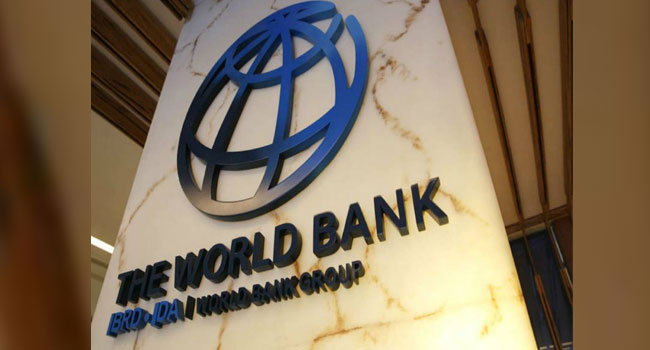
The World Bank has approved three major funding operations for Nigeria, totaling $1.08 billion in concessional financing, aimed at improving education quality, enhancing household resilience, and promoting better nutrition for underserved communities.
The funding includes $500 million in additional financing for the Nigeria Community Action for Resilience and Economic Stimulus (NG-CARES) Program, $80 million for the Accelerating Nutrition Results in Nigeria (ANRIN 2.0), and $500 million for the Hope for Quality Basic Education for All (HOPE-EDU) initiative.
The NG-CARES Program, initially launched as a COVID-19 recovery initiative, has already reached over 15 million direct beneficiaries. Implemented at the subnational level across Nigeria’s 36 states and the Federal Capital Territory, it aims to stimulate local economies through social transfers, labor-intensive public works, livelihood grants, and agricultural interventions.
According to the World Bank, the additional $500 million financing will deepen the program’s reach, especially as economic challenges persist following the 2023 fuel subsidy reforms and foreign exchange rate unification.
The ANRIN 2.0 funding of $80 million aligns with Nigeria’s National Development Plan (2021-2025) and the Nutrition-774 initiative. The program seeks to increase access to quality and affordable nutrition services, targeting pregnant women, lactating mothers, adolescent girls, and children under five in selected areas.
Between 2018 and 2024, the initial phase of ANRIN benefited over 13 million children under five. The new funding aims to expand preventive and curative nutrition services, improve maternal and child feeding practices, and enhance dietary diversity among vulnerable populations.
The HOPE-EDU project will receive $500 million to improve foundational literacy and numeracy in public primary schools, address overcrowding, and decentralize the management of education funds. It is part of a trio of interrelated programs, alongside HOPE-Governance and HOPE-Primary Health Care.
The program is expected to benefit 29 million children, 500,000 public primary school teachers, and over 65,000 public primary schools, with an additional $52.18 million in co-financing from the Global Partnership for Education Fund.
The World Bank Country Director for Nigeria, Dr. Ndiamé Diop, emphasized the importance of human capital investment, stating that these initiatives will accelerate education quality and support for vulnerable citizens.
“These programs will drive better education outcomes through bold reforms and targeted investments, equipping Nigeria’s fast-growing young population with foundational skills necessary for inclusive economic development,” Dr. Diop said.
With this latest funding approval, the World Bank reaffirms its commitment to supporting Nigeria’s efforts in education, nutrition, and household resilience, paving the way for sustainable economic growth.
Comments